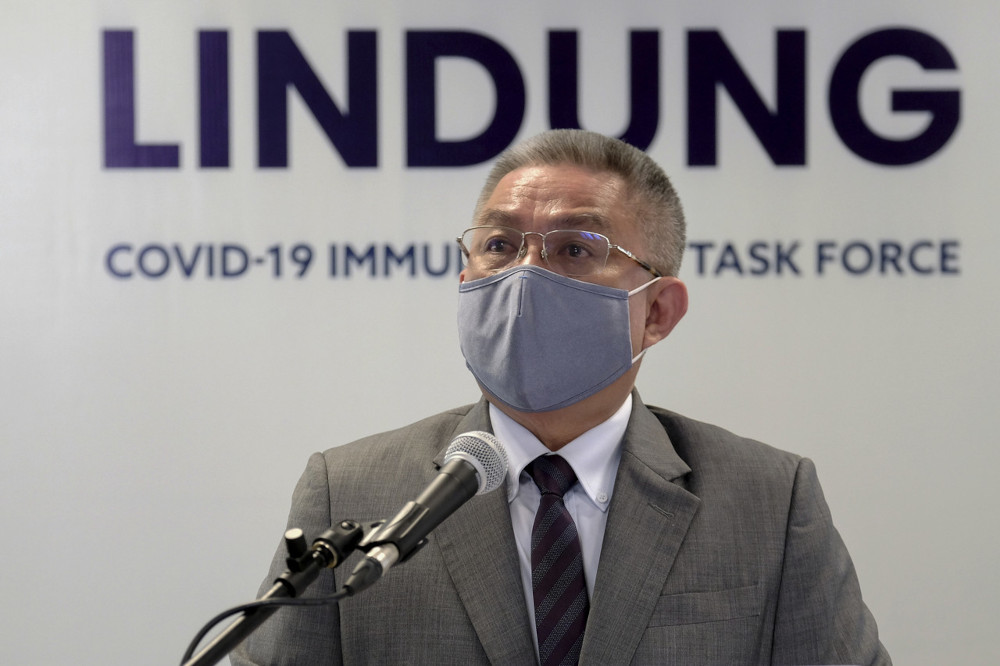KUALA LUMPUR, June 22 — The Covid-19 pandemic has underlined the importance of global solidarity and international cooperation in managing the crisis, Health Minister Datuk Seri Dr Adham Baba said.
Speaking at the launch of the EU-Asean Programme to Support the Covid-19 Response in Malaysia today, he said good and effective partnership is also of utmost value during this pandemic to ensure that the country wins the battle against the pandemic.
“To embark on this illustrious partnership with EU-Asean-WHO is timely and most significant at a time of crisis.
“It enables us to forge alliances, to promote multilateralism and to share common interests and values to strengthen both regions’ preparedness for, and capacity to respond to current and future public health emergencies,” he said in the speech text made available to the media.
Malaysia is also grateful for the EU-Asean’s monetary contribution in spearheading this project, with will benefit the collaborative works between the Health Ministry and its partners from other ministries and non-governmental organisations.
He also acknowledged the World Health Organisation (WHO) for giving Malaysia the opportunity and for coordinating the progress and future implementation of this project.
The ministry is also happy to cooperate in research and development areas that aim to strengthen overall emergency preparedness and health systems capacity with specific focus to Covid-19 management and response.
“Ultimately, we are all fighting against the same enemy and with solidarity and good regional cooperation, we will win this battle,” he said.
Dr Adham said in the Joint External Evaluation (JEE) of International Health Regulation Core Capacities’ review of Malaysia’s health security capacities in late 2019, Malaysia has demonstrated a high level of achievement in fulfilling IHR requirements and has a well-developed health security system.
He added that the evaluation had identified the gaps and the prioritisation of needs and opportunities to enhance the country’s capacity to prevent, detect and rapidly respond to public health emergencies and further fortify Malaysia’s health security, and multi-sectoral preparedness and response capacity for health emergencies.
He said since commencing the nationwide immunisation programme in February this year, Malaysia had successfully inoculated 4.3 million of its population where they had completed the first dose.
“We have been efficient in vaccinating not only almost all frontliners but also the elderly, with more than 50 per cent of those aged above 60 have already received at least one dose.
“As we expedite the vaccination rates and adhere to the existing public health measures, we are hopeful to flatten the epidemic curve. Furthermore, this will allow us to move forward to comprehensively implement our exit strategy,” he said.
The Health Minister also highlighted Malaysia’s National Recovery Plan, where the four-phase plan is designed based on three indicators, namely number of daily Covid-19 transmission among the community, capability of public healthcare system based on the bed utilisation rate in intensive care unit (ICU) wards, and percentage of population who have completed two doses of the vaccines. — Bernama




















